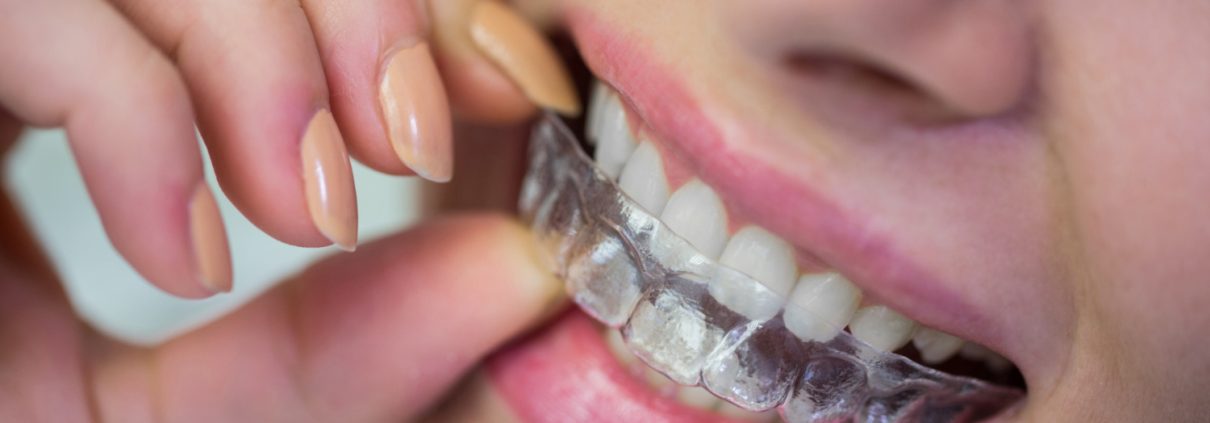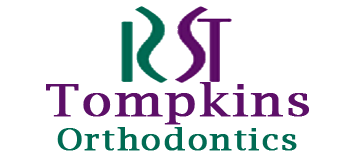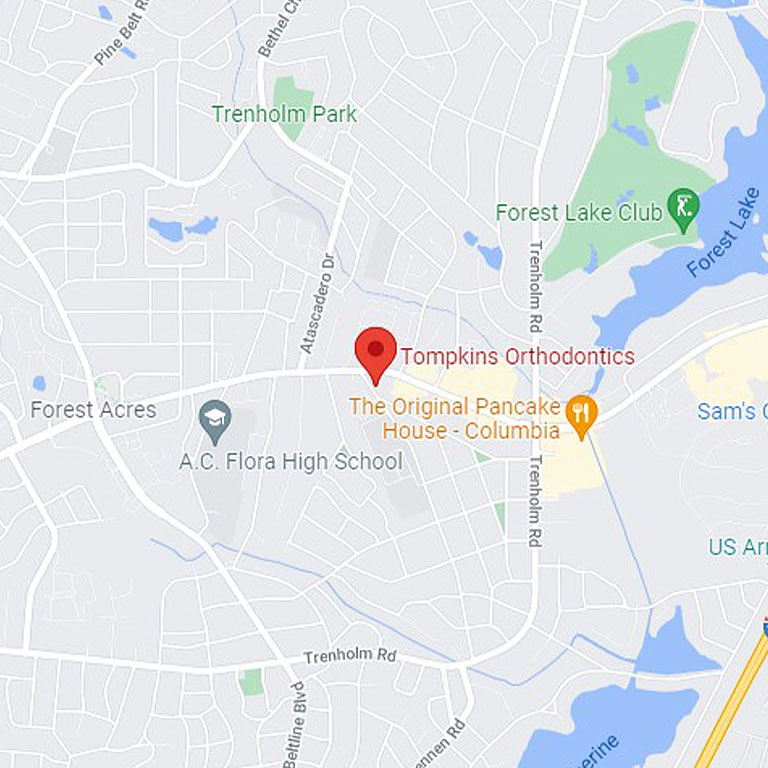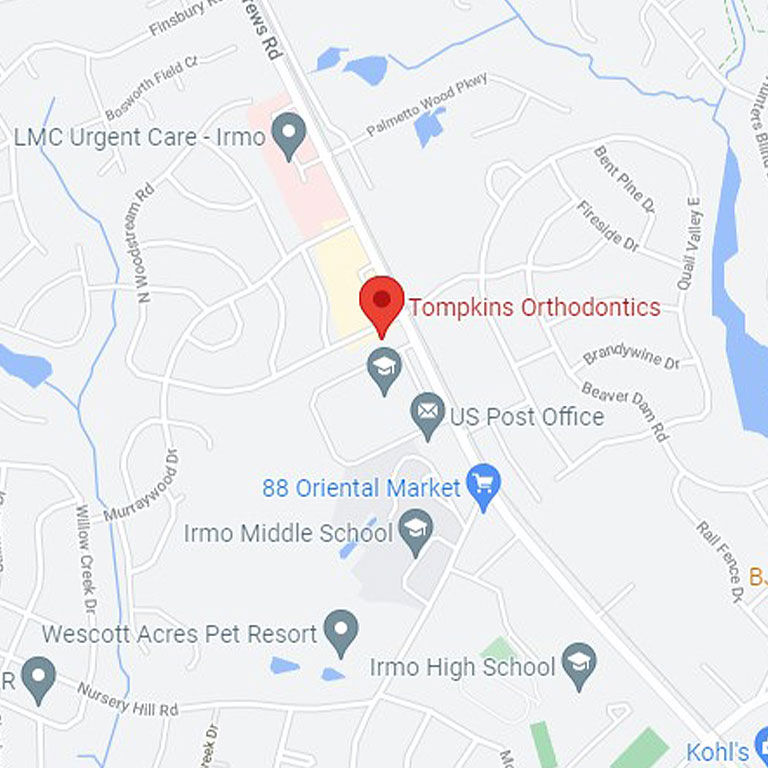Is Invisalign Safe If I Have Sleep Apnea?
Invisalign is a dental appliance that works to correct mild to moderate teeth alignment issues. Although it can be removed for eating and special occasions, it’s meant to be worn between 20 and 22 hours a day. Obviously that means it needs to be worn at night, while you sleep. But what if you have sleep apnea? Is it safe to use Invisalign if you have this disorder?
What is Sleep Apnea?
Sleep apnea is a common sleep disorder that occurs when breathing is repeatedly interrupted during sleep. This condition can result in snoring, choking, and gasping for breath. Sleep apnea can be caused by several factors, including obesity, smoking, and alcohol consumption. The most common type of sleep apnea in Columbia, SC is obstructive sleep apnea, which occurs when the muscles in the throat relax and block the airway. Sleep apnea can lead to daytime fatigue, mood changes, and other health problems if left untreated.
Invisalign For Sleep Apnea
Surprisingly, Invisalign offers a novel solution to a widespread sleep disorder. Sleep apnea, characterized by disrupted breathing during sleep, can lead to serious health issues, including heart problems and excessive daytime sleepiness. Traditional treatment options like CPAP machines or bulky oral appliances can be cumbersome and uncomfortable. Invisalign, a discreet, clear aligner system commonly used for teeth straightening, is now being repurposed to treat sleep apnea effectively. Custom-designed Invisalign trays gently reposition the jaw to improve airflow, thus reducing apnea episodes and offering patients a comfortable, non-invasive treatment alternative.
Invisalign For Misaligned Teeth
If you are going to be treated for misaligned teeth and you also have sleep apnea, talk to your orthodontist in Columbia, SC. There may be a way to combine treatments so that your sleep apnea concerns are addressed with the help of Invisalign.
Your orthodontist has many options available to take care of your teeth alignment issues. But it’s less widely known that sleep apnea can also be treated by your dental health care provider. During your next appointment be sure to mention any health issues that you may be experiencing, so that your provider fully understands your situation. To book your next appointment, contact us today.









Leave a Reply
Want to join the discussion?Feel free to contribute!